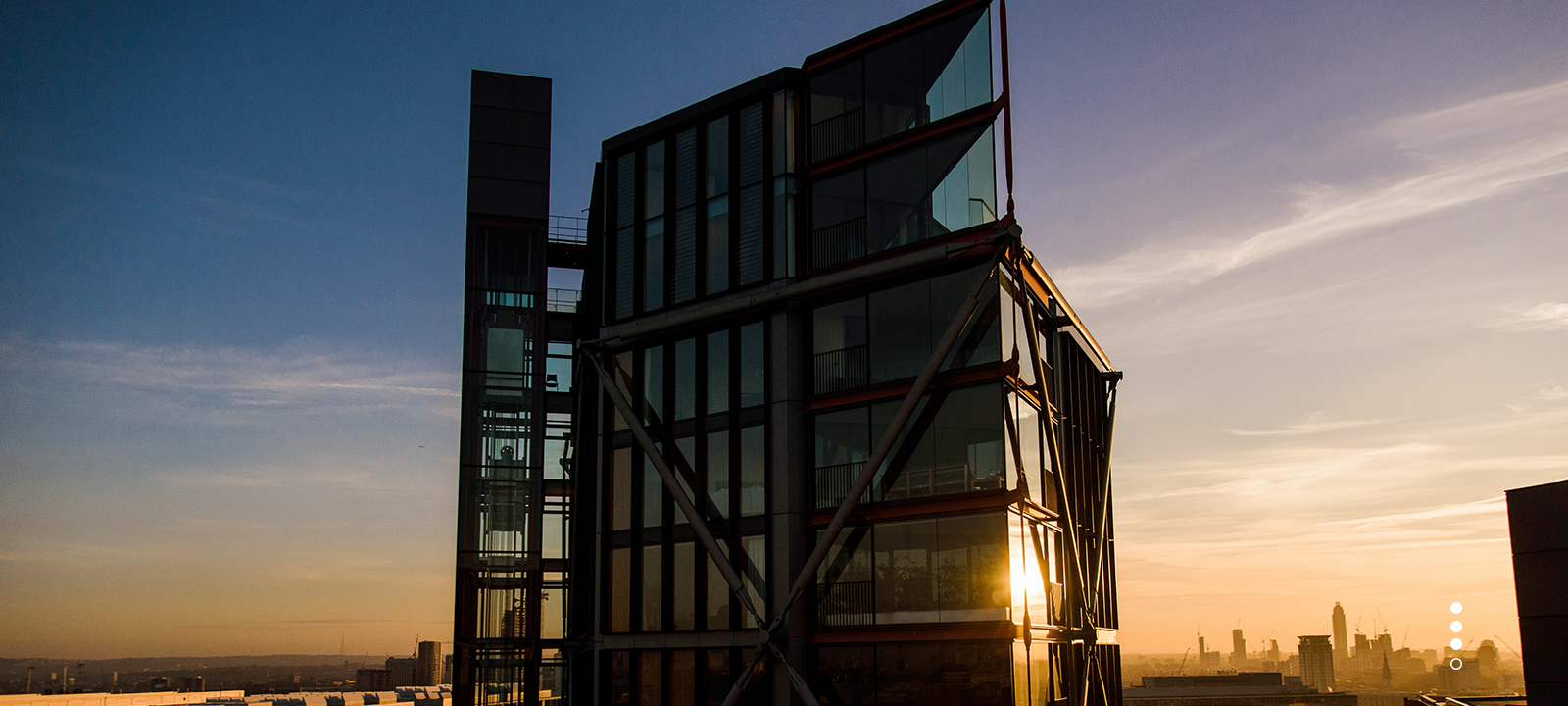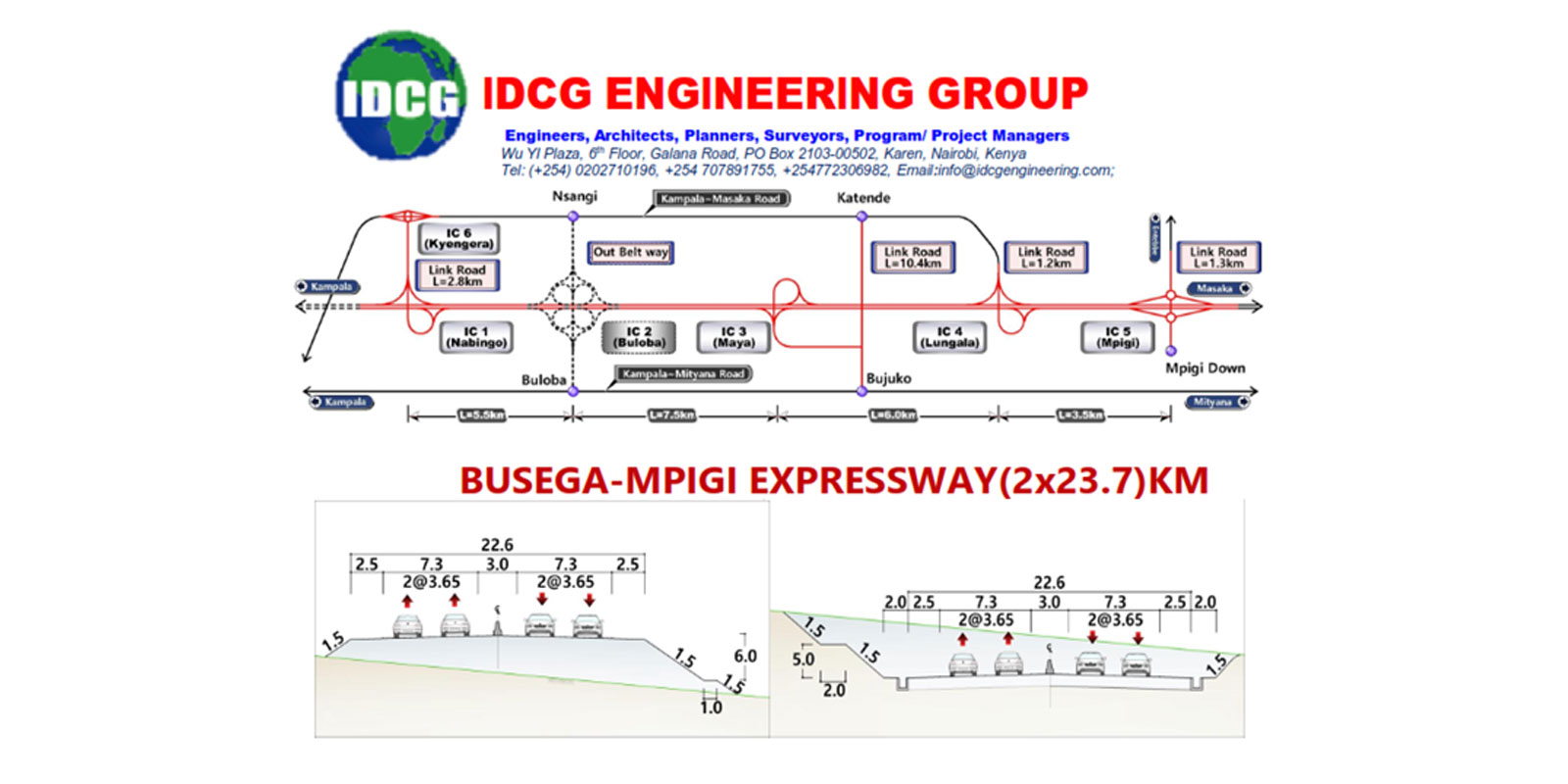:+254 707 891755
:+254 707 891755
Home » Consulting & Project Management » Areas Of Specialization
IDCG Engineering Services provides consulting services in all disciplines of civil engineering and architecture. Some of the main areas of specialization include:


 IDCG has twenty-two (22) years of leadership in the road sector in Southern and Eastern Africa and internationally. It is the group’s leading business in terms of volume of activity.
The group provides you with all the skills on all road-related themes, from setting up projects to operating networks. Its size allows it to tackle large projects and adapt to increasingly tight deadlines. Thanks to its level of expertise, IDCG has the capacity to carry out exceptional works, such as the New Highway from Kampala-Busega to Mpigi in Uganda.
The road is one of the areas where IDCG innovates the most and develops unique tools to help you achieve the objectives expected today on infrastructure projects: these must be safer, more readable, more respectful of the environment, particularly in Southern Africa where upgrading the aging road network is a major challenge.
In the ten or so countries where IDCG is established, the modernization of networks or the creation of new infrastructures are also essential steps for the development of a large number of regions.
For all the projects that you entrust to us, the group relies on its permanent capacity to innovate to reduce the ecological footprint of the routes, promote their landscape integration, take into account societal issues, develop inter-modality, improve service to users and road safety, without forgetting the essential issue of safety on construction sites.
The digital model at the service of infrastructure projects.
In order to optimize the execution times and the quality of projects, in the studies and works phase, IDCG is a pioneer of concurrent engineering in infrastructure projects. He actively participates in research projects for the development of BIM in infrastructures at the African level, two driving projects in the development of the interoperability of the data necessary for the multiplication of digital exchange platforms.
IDCG has twenty-two (22) years of leadership in the road sector in Southern and Eastern Africa and internationally. It is the group’s leading business in terms of volume of activity.
The group provides you with all the skills on all road-related themes, from setting up projects to operating networks. Its size allows it to tackle large projects and adapt to increasingly tight deadlines. Thanks to its level of expertise, IDCG has the capacity to carry out exceptional works, such as the New Highway from Kampala-Busega to Mpigi in Uganda.
The road is one of the areas where IDCG innovates the most and develops unique tools to help you achieve the objectives expected today on infrastructure projects: these must be safer, more readable, more respectful of the environment, particularly in Southern Africa where upgrading the aging road network is a major challenge.
In the ten or so countries where IDCG is established, the modernization of networks or the creation of new infrastructures are also essential steps for the development of a large number of regions.
For all the projects that you entrust to us, the group relies on its permanent capacity to innovate to reduce the ecological footprint of the routes, promote their landscape integration, take into account societal issues, develop inter-modality, improve service to users and road safety, without forgetting the essential issue of safety on construction sites.
The digital model at the service of infrastructure projects.
In order to optimize the execution times and the quality of projects, in the studies and works phase, IDCG is a pioneer of concurrent engineering in infrastructure projects. He actively participates in research projects for the development of BIM in infrastructures at the African level, two driving projects in the development of the interoperability of the data necessary for the multiplication of digital exchange platforms. The last decades have seen the rapid development of information and communication technologies and their application to transport (ITS), opening up new perspectives in terms of mobility. IDCG closely follows these developments and is part of various working groups bringing together construction and transport stakeholders to define priority research axes, intended to maximize research and innovation within the African Union.
The last decades have seen the rapid development of information and communication technologies and their application to transport (ITS), opening up new perspectives in terms of mobility. IDCG closely follows these developments and is part of various working groups bringing together construction and transport stakeholders to define priority research axes, intended to maximize research and innovation within the African Union.Road safety has long been a major concern for the group.
Recently, within a PIARC (World Road Association) technical committee bringing together road safety experts, IDCG participated in the development of a best practice guide for the design of safer roads.
This guide takes the human factor into account in its recommendations: useful for understanding difficult design areas, this study is intended for interurban roads where the most accidents occur, but also for highways and urban roads.
IDCG is also competent in the field of road operation and maintenance: the group operates and maintains roads or highways in 15 different countries across Africa.
In recent years, the taking into account of sustainable development has been approached in a global manner on all our road projects, whether it concerns design or work monitoring. Guidelines as important as the preservation of the resource, biodiversity, the overall cost of construction with its use and the influence on the economy of the territory or the intermodality of transport modes are at the center of our concerns.

IDCG has set up with its operating subsidiaries a network for exchanging expertise and best practices (through its “Exploitation Club”).
The quality and performance of operations are regularly audited to ensure safety, optimal service levels and good management of the infrastructure.
A company policy is deployed in the subsidiaries in terms of health and safety, human resources development, environmental performance, operational excellence, innovation and risk management to share best practices.
A complete range of dedicated solutions is developed with the operating companies in order to continuously optimize the operation of the infrastructures.
Structures, underground works and geotechnical engineering are areas of construction where risk control requires calling on the best specialists.
Geological studies and prescriptions and geotechnical, to the design and management of masterpieces, of tunnels or dams, IDCG favors a global and multidisciplinary approach to the project in a constant optimization of its technical, economic and environmental performance.
Our numerous establishments in Africa and abroad guarantee an effective proximity with our customers and an understanding of local issues, particularly in the environmental field.
The structures are designed to reduce the impacts on the natural, physical and human environments (crossing a valley, covered trench in an urban environment, etc.). If they consume resources and energy, we implement an eco-design approach based on research, LCA (life cycle analyzes), experiences in various contexts. This approach makes it possible to reduce the ecological footprint of structures, while maintaining their functionality and relevance.
The geotechnical study also makes it possible to optimize the project in terms of material consumption and thus contributes to the achievement of one of the major objectives of the profession by 2020: to re-employ or recover 100% of the natural geological materials excavated on the sites, without any external contribution.
For 30 years, IDCG has been developing its know-how in all disciplines of geology, geotechnics and materials, in the fields of linear infrastructures and complex civil engineering and building works.
More than 100 specialists are involved in the following services:`
IDCG’s expertise in soil and materials mechanics is reinforced by its high-performance technical means in calculations (3D finite elements in soil and rock mechanics), a COFRAC accredited laboratory (scope 1-1927 available on the sitewww.cofrac.fr; tests on soils, rocks, concrete, cements and pavement materials) and means in instrumentation and auscultation methods (sensors, static or dynamic measurements)
IDCG’s missions in the field of buildings in Africa cover all the services of general engineering and specialized engineering, environmental engineering, operation-maintenance engineering, consulting and support in real estate.
>> Assistance with project management:
>> Direction of the execution of works contracts
>> Work supervision
>> Civil engineering studies and technical packages
>> In the following areas:
>> The following buildings and equipment:
The industry and energy sectors are key factors for development in Central Africa. IDCG supports its clients in the design, monitoring and management of industrial projects (cotton ginning factories, cement works, etc.) and energy production and transport (thermal power station, hydroelectric dam, pipeline, etc.).

Road layout:
Urban planning:
Traffic:
IDCG’s environment un in Africa, within its Design Office, is qualified and approved by MINEPDED, to carry out the following missions:
>> Conduct of studies.
>> Advice on sustainable management of natural resources.
>> Control, monitoring and environmental project management.
>> Training and environmental awareness of social actors.
>> Monitoring of changes in environmental quality indicators.
Our jobs:
Environmental and social impact study
IDCG is approved in Africa by different Ministries of the Environment, Nature Protection and Sustainable Development (MINEPDED) to carry out Environmental and Social Impact Studies (ESIA).
The ESIA is a systematic process intended to identify, predict and assess the effects of projects on their biological, physical and social environment.
In the practice of ESIA, the focus is on preventing, reducing or compensating for the adverse effects of the project. The ESIA therefore aims to propose corrective actions to avoid, mitigate or compensate for these harmful effects on the environment.
Thus, all the ESIAs carried out by IDCG consider the specific context of each project and take into account the nature of the work to be carried out. With this in mind, when carrying out the ESIA, our experts deploy a rigorous methodology to:
This whole process makes it possible to:
To make development sustainable, the burden of environmental impacts must be reduced. These impacts are more complex, more important by their scale and have heavier potential effects depending on the complexity / specificity of the project and the sensitivity of its setting.
This is why the ESIA is of fundamental importance in development decision-making.
In many projects, this process also serves as a planning tool to promote sustainable development by integrating environmental considerations.
